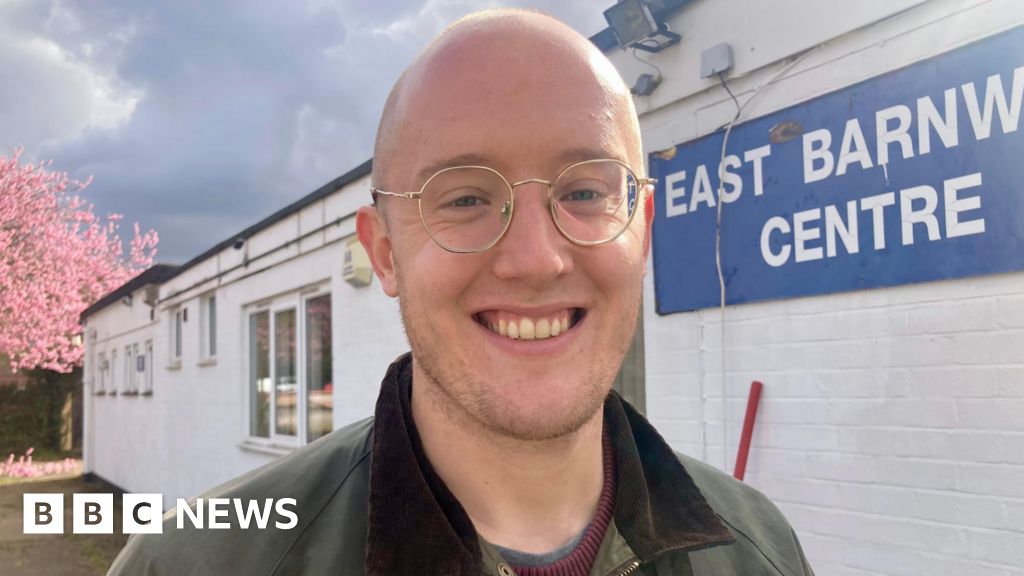Cambridge: A City Divided by Health Inequality

Recent findings have highlighted a stark divide in healthy life expectancy within the city of Cambridge, England, despite its status as a hub of innovation and economic growth. While the government has initiated plans that could potentially inject £78 billion into the UK economy, the benefits appear to be unequally distributed among the cityâs residents. Data indicates that those living in the northern areas of Cambridge have a healthy life expectancy that is alarmingly 12 years shorter than their counterparts in the south.
In specific figures, the average healthy life expectancy for men in King's Hedges, located in the north of the city, is merely 61 years, while women in the same area can expect to live in good health for approximately 62 years. Conversely, just a few miles away in Newnham, the average healthy life expectancy soars to 73 years for men and 77 years for women. This measure of healthy life expectancy refers to the projected number of years an individual can expect to live without serious health issues.
In January, Chancellor Rachel Reeves unveiled plans for substantial investments in the region, including new housing developments, laboratory spaces, and funding for the East West Rail project. However, with the widening gap in life expectancy between different neighborhoods, questions arise about whether this influx of money is benefiting all citizens equally.
One community initiative making a difference is the Abbey People gardening club, which convenes weekly at the East Barnwell Centre in Abbey ward, one of the cityâs most disadvantaged areas. Keir Bowater, a 29-year-old member of the club, shares his personal struggle with unemployment and the mental health challenges that accompany it. He emphasizes how engaging in gardening and connecting with others has been beneficial to his mental well-being. âBeing outside really helps me stay positive,â he acknowledges, adding that he was shocked to learn that life expectancy in Abbey is 11 years shorter than the Cambridge average.
Bowater believes that while there's a wealth of resources from nearby colleges and tech companies, many residents are left out. He articulately points out, âAbbey ward is where you see that.â This sentiment reflects the deeper socio-economic issues at play, as the wealth generated in the city does not reach all communities equally.
Sally Cartwright, the Director of Public Health for Cambridgeshire County Council, highlights several factors contributing to this health disparity. She notes that limited access to affordable nutritious food, high costs for gym memberships, and inadequate community resources for exercise have all played significant roles in prolonging the life expectancy gap. Cartwright stresses the importance of recognizing these inequalities, stating that life circumstancesâsuch as employment status and living conditionsâvary significantly and impact health outcomes.
Lisa Connolly, a single mother of a child with special needs, reflects on her family's long history in Abbey, having lived in the area since the 1800s. Despite the government's ambitious development plans for Cambridge, she has yet to see any tangible benefits. âWeâre living day-to-day. If anything were to go wrong financially, weâd be in serious trouble,â she confesses. This struggle resonates deeply within the community, as echoed by fellow gardener Mercy Horsoo, who articulates the need for equitable distribution of resources in the area. âItâs high time the incentives are evenly distributed,â she insists.
Nicky Shepard, the chief executive of Abbey People, sheds light on the pervasive challenges faced by families in the area. âBeing in poverty takes a toll on peopleâs physical health,â she notes, emphasizing the distrust in authorities that often leads residents to delay seeking help. Shepard points out that while alcohol consumption may not be ideal, its effects are vastly different for those in poverty compared to those who are financially stable. âIn this part of Cambridge, itâs getting worse,â she adds, underscoring a growing concern about the deteriorating health landscape in the region.
The situation in Cambridge serves as a critical reminder of the pressing need to address health inequalities, especially in communities where economic growth does not translate into improved living conditions. As discussions continue regarding the government's investment plans, the voices of those in deprived areas must be amplified to ensure that everyone reaps the benefits of this economic development.
To stay updated on developments in Cambridgeshire and beyond, follow BBC news on various social media platforms, including Facebook, Instagram, and X.






















